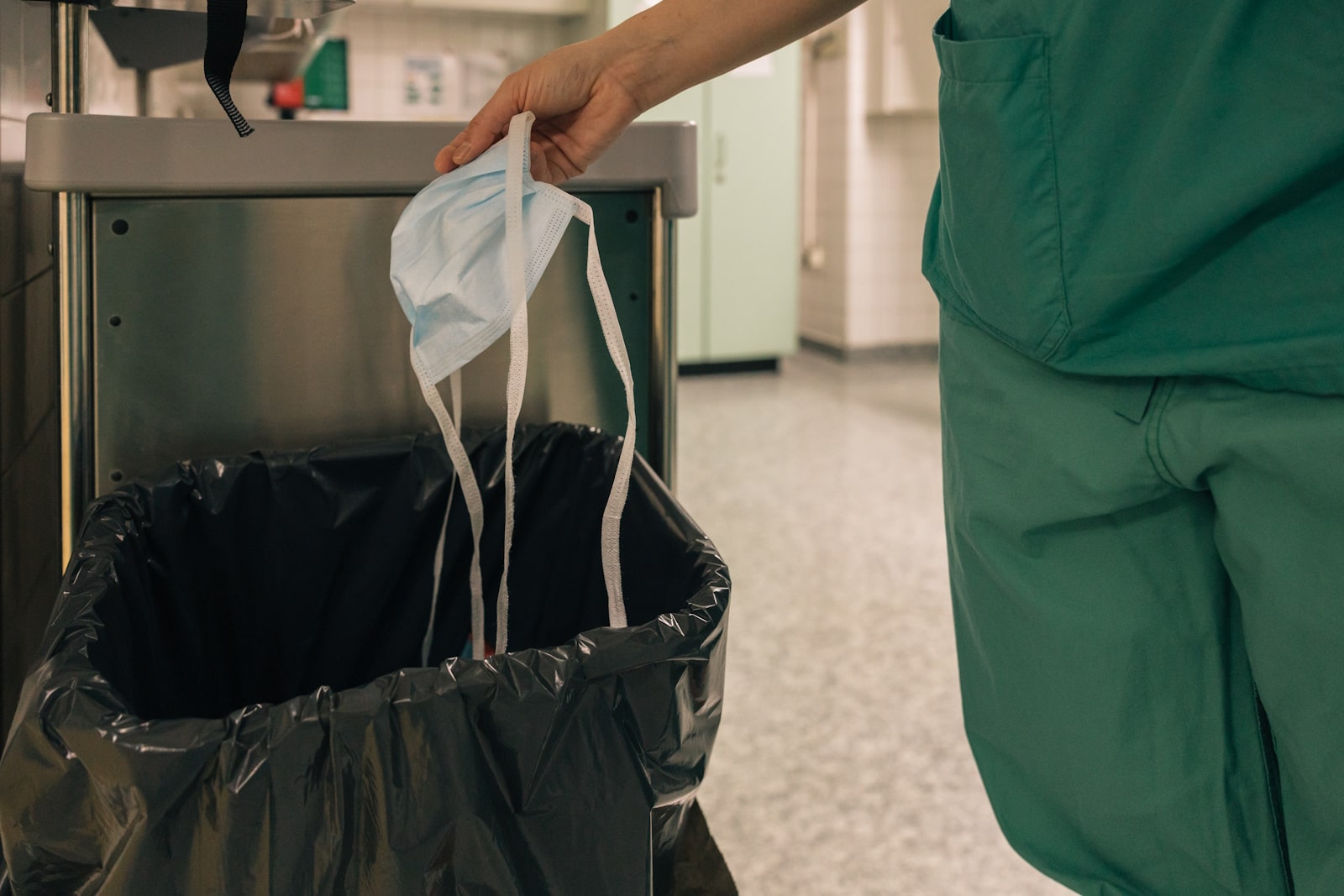How a Medical Waste Company Removes Waste
Medical waste management is a critical aspect of modern healthcare, ensuring public health and environmental safety. With the rise in healthcare demands, the volume of medical waste has surged, making the services of a professional medical waste company indispensable. This blog delves into the basics of medical waste management, emerging technologies, recycling initiatives, and the importance of sustainable practices.
Medical Waste Management Basics
Types of Medical Waste
Medical waste is broadly classified into four categories:
- Infectious Waste: This includes materials contaminated with blood, bodily fluids, or infectious agents. Items such as surgical gloves, gauze, and swabs fall under this category.
- Hazardous Waste: Generated from chemical processes, this includes solvents, disinfectants, and laboratory reagents that pose risks to health and the environment.
- Radioactive Waste: Derived from nuclear medicine treatments and radiology departments, this waste requires specialised handling and disposal.
- General Waste: Non-hazardous materials, comparable to household waste, form a significant portion of medical waste.
Steps in Medical Waste Disposal
Effective medical waste disposal involves a series of meticulous steps:
- Collection: Segregation at the point of generation ensures infectious and hazardous waste is isolated from general waste.
- Transportation: Licensed medical waste companies ensure safe and compliant transfer to treatment facilities.
- Treatment: Processes such as autoclaving, incineration, or chemical disinfection neutralise potential hazards.
- Disposal: Final disposal methods include landfill placement or recycling where applicable.
Technologies in Medical Waste Disposal
Advancements in medical waste management technologies have significantly improved safety and efficiency.
Treatment Innovations
- Autoclaving: This widely used method utilises high-pressure steam to sterilise infectious waste, rendering it safe for disposal.
- Incineration: Although effective, incineration is increasingly regulated due to its environmental impact. Modern incinerators are equipped with emission control systems to minimise pollution.
- Chemical Disinfection: Chemicals neutralise pathogens in liquid waste, offering an alternative to thermal treatment methods.
Recycling Breakthroughs
The healthcare industry generates vast amounts of plastic waste. Recycling technologies now transform single-use medical plastics into reusable materials. For example, thermochemical processes convert medical plastics into industrial-grade raw materials. Such innovations reduce landfill dependence and conserve natural resources.
Medical Waste Recycling and Upcycling
Recycling and upcycling non-infectious medical waste contribute to sustainable waste management. A professional medical waste company like A-Thermal adopts eco-friendly practices, integrating these initiatives into their services.
Plastic Medical Waste Transformation
Plastics used in syringes, IV bags, and medical trays are shredded and processed into materials for new healthcare products. This closed-loop approach reduces the ecological footprint of healthcare facilities.
Upcycling Non-Infectious Waste
Non-hazardous materials, such as office paper and packaging, are repurposed into everyday products. By upcycling, waste that would otherwise be discarded gains new value, promoting circular economy principles.
Industry Statistics and Trends
The global volume of medical waste is staggering. Approximately 85% is general waste, while 15% is hazardous or infectious. According to recent market analyses, the medical waste management sector is expected to grow from £8.9 billion in 2022 to £12.2 billion by 2028, driven by stringent regulations and increased healthcare activity.
Recycling rates, however, remain low, with only 14% of medical waste recycled globally. There is significant potential for improvement through technological advancements and increased industry participation.
Challenges and Considerations
Managing medical waste is fraught with challenges:
- Environmental Impact: Improper disposal can lead to air, water, and soil contamination.
- Regulatory Compliance: Adhering to local and international standards is crucial for maintaining safety and avoiding penalties.
- Cost Management: Sustainable waste management solutions can be expensive but offer long-term benefits.
Why Choose A-Thermal?
A-Thermal stands out as a leader in sustainable medical waste management. We employ cutting-edge technologies and adhere to the highest safety standards. Our commitment to recycling and upcycling ensures minimal environmental impact, while our customer-focused approach guarantees reliable and efficient service.
If you need a trusted medical waste company to manage your healthcare facility’s waste, contact us today. Together, we can make a difference for your organisation and the planet.







